17 Things You Do That Your Dog Secretly Hates
Dogs are some of the best companions you’ll ever have. They love us even when we leave them home alone or insist on showing them that “funny video of a squirrel on TikTok” for the fifth time. But let’s face it—there are some things we do that drive them quietly nuts. Many of these behaviors are rooted in how dogs naturally interpret the world. Let’s explore common actions that might irritate your furry friend.
Hugging
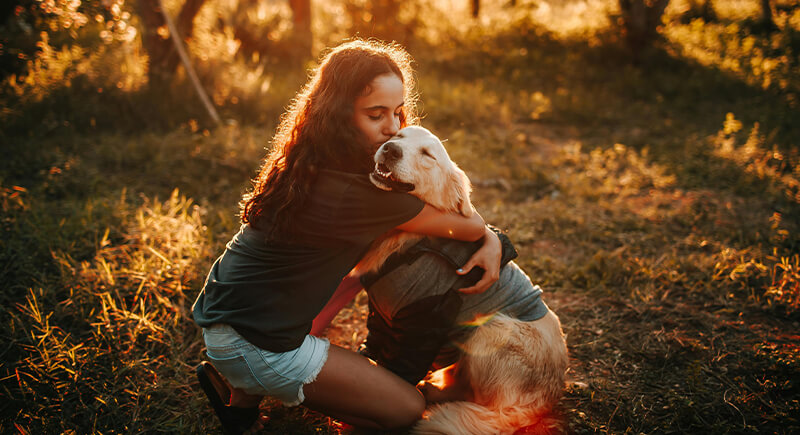
Credit: pexels
We often show love with hugs, but dogs aren’t wired to enjoy this gesture. Wrapping your arms around them feels restrictive and can even be seen as a threat. It’s not that they don’t adore you—they just prefer showing affection in ways that don’t involve restraining their ability to wiggle out of awkward situations.
Using Their Language
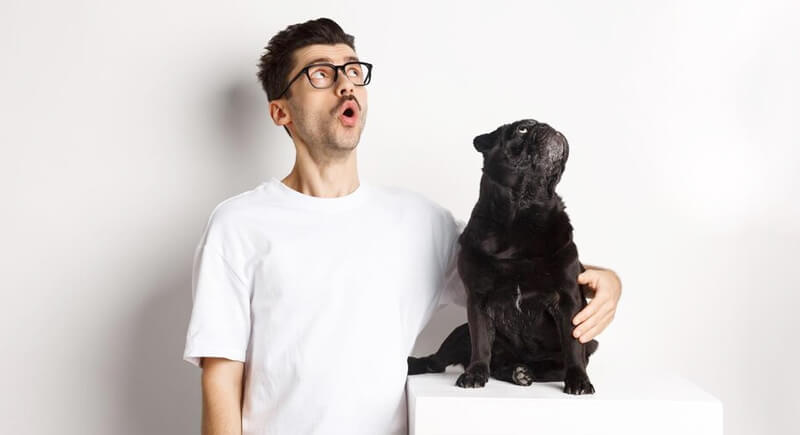
Credit: freepik
Imitating barks, growls, or howls might seem like a cute way to connect, but it can confuse your dog. Canines have a sophisticated way of communicating through body language, scent, and tone that humans can’t fully replicate. Your playful growl could be interpreted as aggression or a signal to stop what they’re doing.
Sharing Their Toys
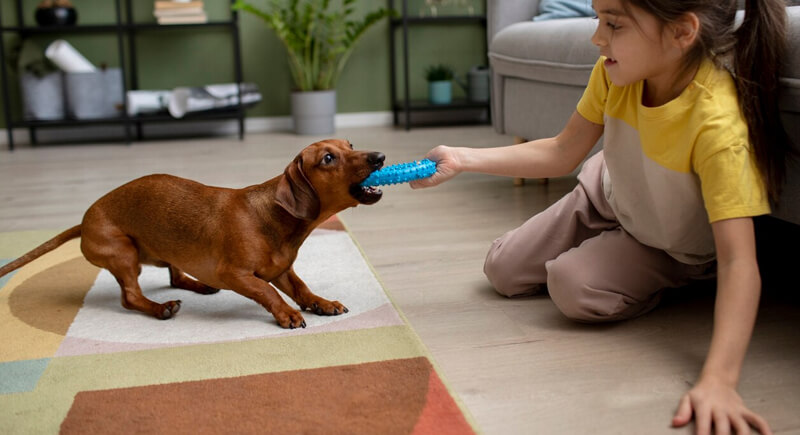
Credit: freepik
Toys are incredibly personal for dogs—they’re a source of comfort, pride, and sometimes status. Taking a toy from them or using it yourself might seem harmless, but they’ll often interpret it as you claiming their prized possession. This can create unnecessary tension.
Kissing Their Nose
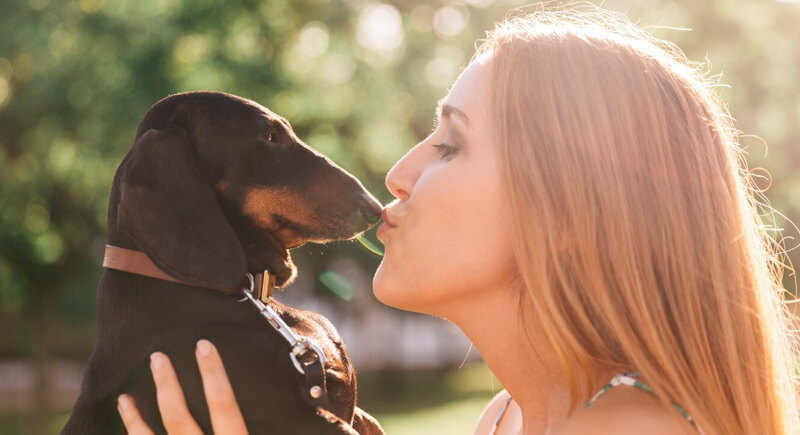
Credit: freepik
It’s hard to resist planting a kiss on that cute, wet nose. But for dogs, this gesture is puzzling at best and uncomfortable at worst. Dogs rely on their noses to explore the world, and having a human face up close can feel invasive. It’s important to remember that their comfort zones differ significantly from ours.
Being Too Loud

Credit: freepik
Dogs hear everything, and I mean everything. Their hearing is incredibly sensitive—up to four times sharper than yours. Yelling, loud music, or noisy environments can easily overwhelm them. This heightened sensitivity to sound is a survival mechanism in the wild, where being alert to potential threats is essential.
Exposing Them to Strong Smells
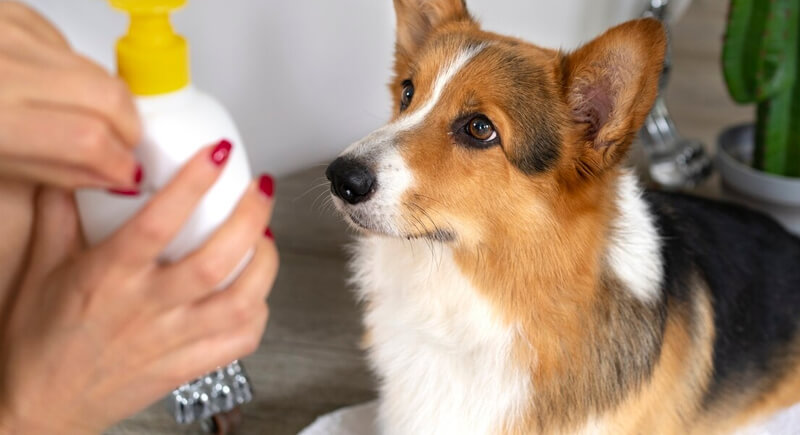
Credit: freepik
Like their hearing, dogs’ sense of smell is extraordinary, but that means they’re extra sensitive to overpowering scents. Strong odors from cleaning products, perfumes, or smoke can overwhelm their senses and cause discomfort. Certain substances, like essential oils or chemical sprays, can even be toxic to them.
Leaving Them Home Alone
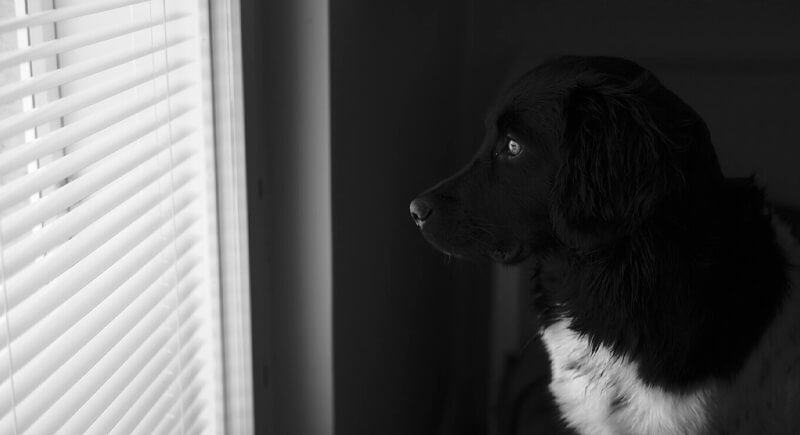
Credit: freepik
Dogs are pack animals, and being left alone for hours goes against their instincts. They don’t understand work schedules or errands; they just know the pack is incomplete without you. This anxiety can then manifest in destructive behaviors like chewing furniture or incessant barking.
Ignoring Them When You Get Home
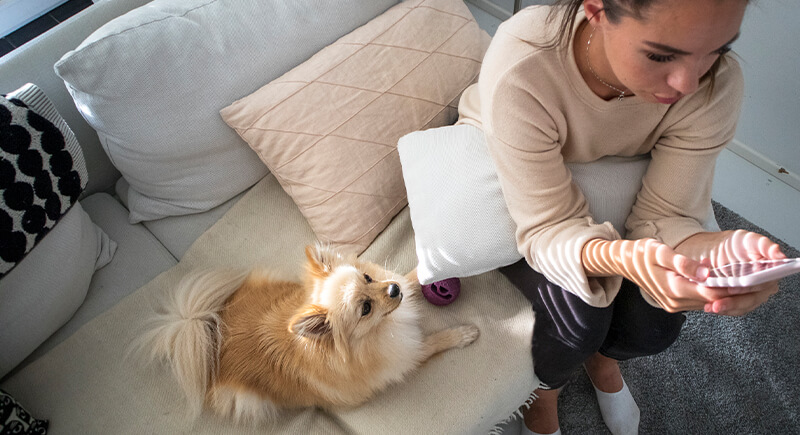
Credit: iStockphoto
Your dog spends all day waiting for you, and the moment you walk through the door is often the highlight of their day. Ignoring their enthusiastic greeting can hurt their feelings and make them feel unappreciated. Take a moment to say hello, give them a pat, and let them know you’re just as excited to see them as they are to see you.
Breaking Up a Wrestling Match
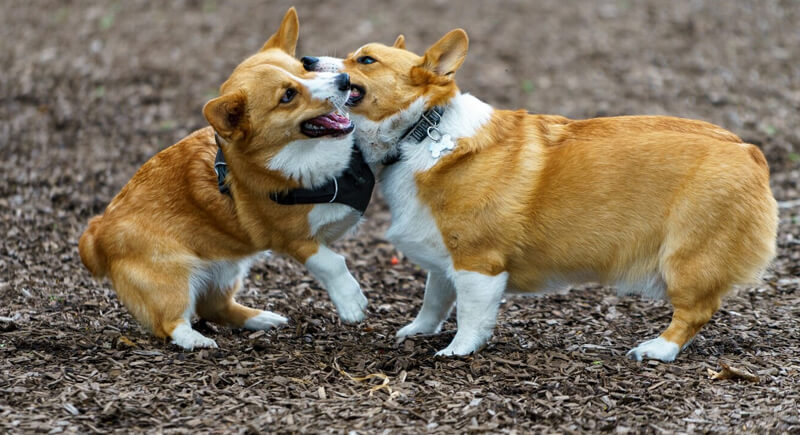
Credit: freepik
Two dogs fighting may seem concerning, but dogs wrestle as a way to bond, burn energy, and learn social boundaries. Unless their play is becoming aggressive, it’s best to let them enjoy their roughhousing. Interrupting their fun unnecessarily can confuse them and disrupt their natural interactions.
Forcing Them Into Interactions with Other Dogs
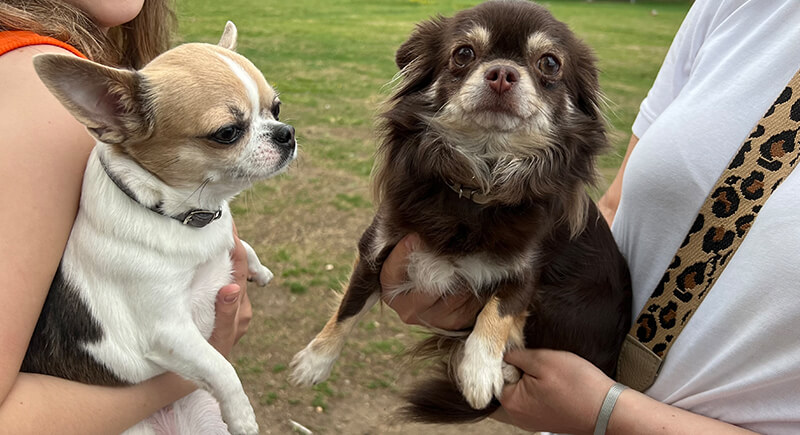
Credit: iStockphoto
Not every dog is a social butterfly. Forcing your dog to interact with others when they’re uncomfortable can cause anxiety or even lead to aggressive behavior. Watch their body language—if they’re pulling away, growling, or showing signs of fear, give them space.
Patting Their Head
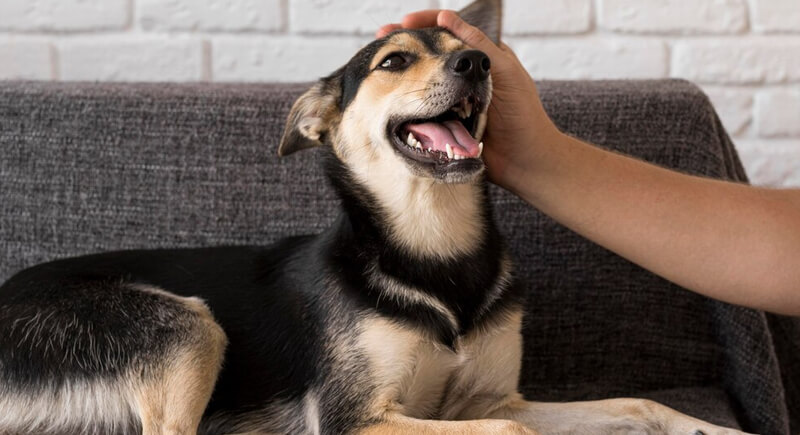
Credit: freepik
While a head pat may seem like a friendly gesture to us, dogs often find it uncomfortable or even intimidating. Approaching from above can feel like a threat, especially if they’re already nervous. Instead, pet them under their chin or along their sides—these areas are less intrusive and more comforting.
Not Having Any Rules
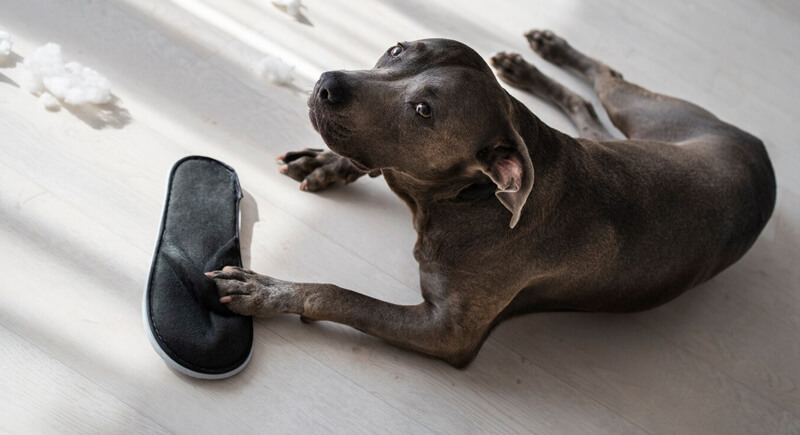
Credit: freepik
Even if it may not seem like it at times, dogs actually thrive on structure and predictability. Without clear rules, they can become confused, anxious, and unsure of their place in the household. Make sure to establish consistent boundaries and routines that’ll give your dog a sense of security and help them understand what’s expected of them.
Staring at Them
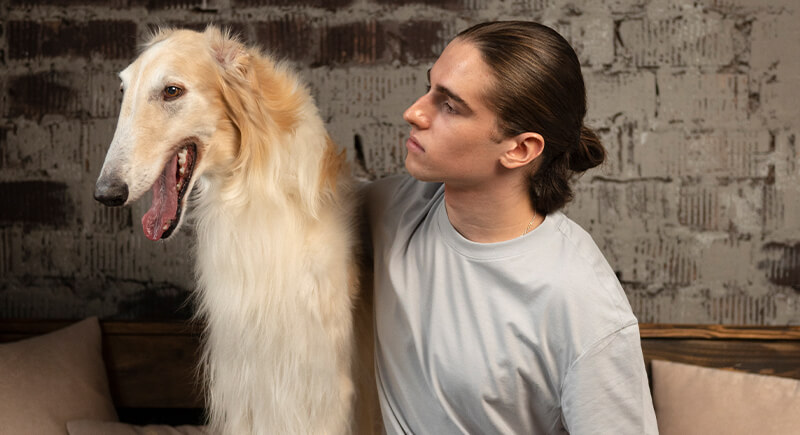
Credit: freepik
Eye contact is a complex form of communication in the animal world. While a loving gaze can strengthen your bond, prolonged or direct staring can feel threatening to your dog. They might interpret it as a challenge or become uncomfortable. Instead, soften your gaze and blink slowly—this conveys friendliness in a way they understand.
Not Letting Them Sniff on Walks
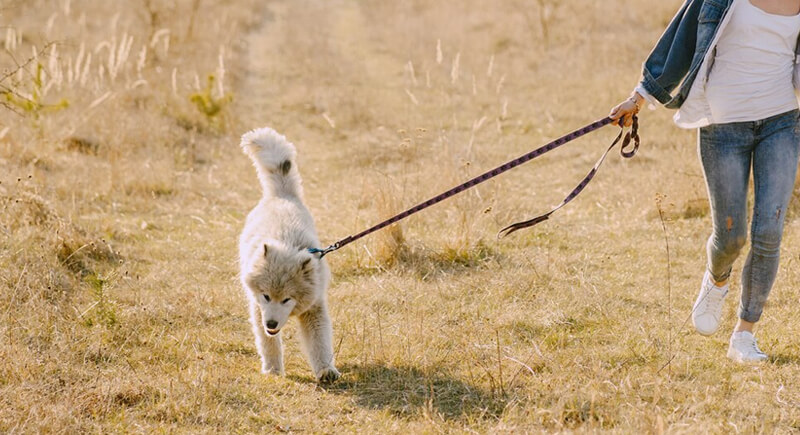
Credit: freepik
For dogs, walks aren’t just exercise—they’re an adventure. Sniffing allows them to gather information, mark territory, and explore their surroundings. Pulling them along and rushing the walk deprives them of this enriching experience.
Dressing Them Up
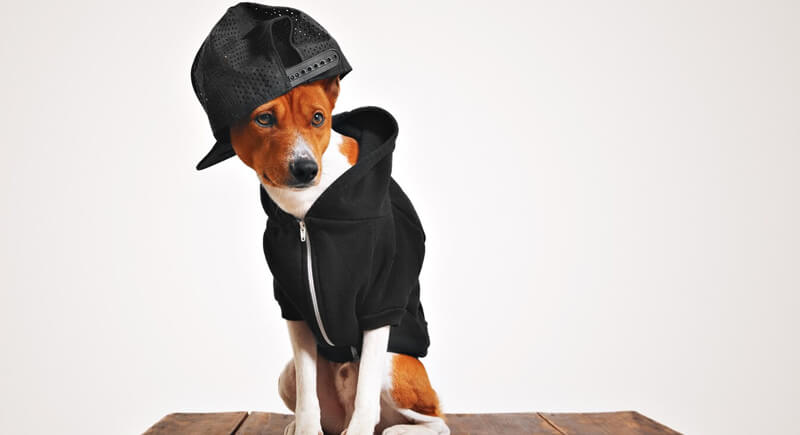
Credit: freepik
While we love seeing dogs in costumes, most don’t share the same enthusiasm. Clothing can feel restrictive and unnatural, limiting their movement and making them uncomfortable. If you must dress your dog for a special occasion, try to make sure that the outfit is lightweight, non-restrictive, and easy to take off if they seem unhappy.
Overfeeding Treats
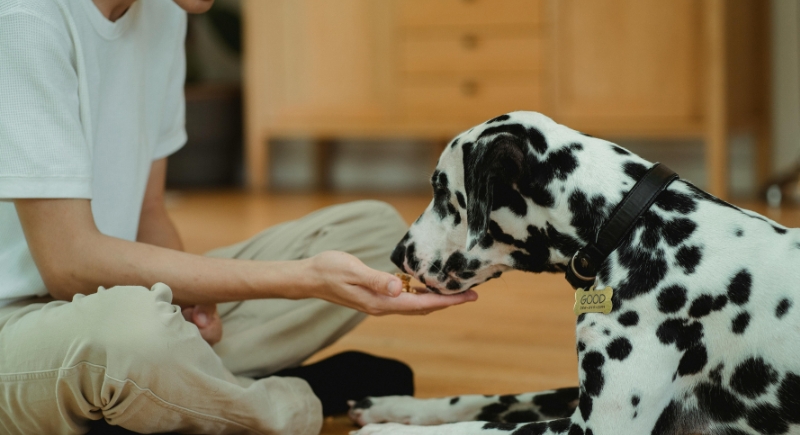
Credit: pexels
Giving your dog too many treats may seem affectionate, but it can cause confusion and weight issues. Dogs often lack portion control, so constant snacking can lead to stomach upset. Reserve treats for training or special moments instead. Balanced meals and mindful rewards keep them healthier and more content overall.
Not Respecting Their Sleep Time
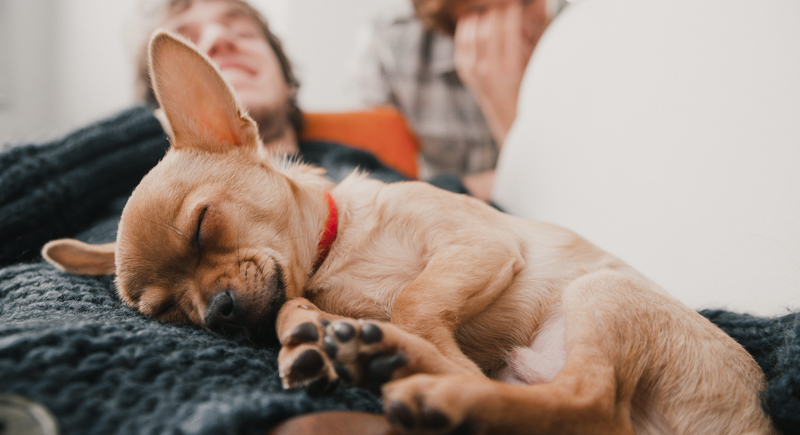
Credit: iStockphoto
Dogs rely on regular naps to maintain their calmness and emotional balance. Interrupting their rest for play or attention may seem harmless, but can cause stress. Sleep helps them recharge and process the day. Let them nap peacefully so they wake up refreshed, happy, and ready for interaction.